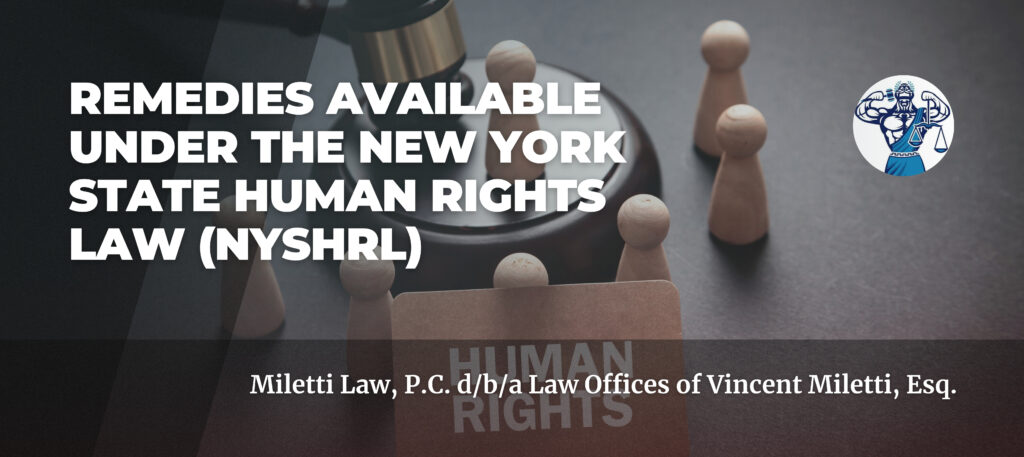Title VII is a comprehensive federal law and provision of the Civil Rights Act of 1964 that protects Americans from discrimination, harassment, and retaliation in virtually all aspects of employment based on many attributes, categories, and classes, including, but not limited to, national origin, pregnancy, sex, gender, religion, color, citizenship status, age, and race. Generally, private employers with at least 15 or more employees are prohibited by Title VII from discriminating, harassing, and/or retaliating against individuals under their employment based on any of the protected attributes, categories, and characteristics mentioned above.
In this connection, we have, with respect to the various protected characteristics, categories, or classes, reviewed key statutes and provisions of Title VII that aim to protect individuals, particularly within the context of employment, from discrimination, harassment, and retaliation in the workplace. It is crucial to note that while the information provided generally applies to private employers, Title VII’s provisions remain applicable even when a synchronous state law exists.
Lastly, for the purposes of record, the information provided herein was current as of February 10, 2022.
- Discrimination as a Prohibited Conduct Under Title VII – Pursuant to 42 U.S.C. § 2000e-2(l), employers are prohibited from altering the results of, using different cutoff scores for, or adjusting the scores of employment-related tests based on a protected characteristic or category. Further, pursuant to 42 U.S.C. § 2000e-3(b), employers are prohibited from publishing or printing any employment-related notice indicating any discriminatory limitation or preference. Moreover, pursuant to 42 U.S.C. § 2000e-2(a)(2), employers are prohibited from classifying, segregating, or limiting job applicants or employees in a manner that tends to deprive or actually deprive any individual of employment opportunities or otherwise adversely affect status. Additionally, pursuant to 42 U.S.C. § 2000e-2(a)(1), (d), employers are prohibited from discriminating against employees or job applicants when it comes to hiring, training, or discharging, or concerning the privileges, conditions, or terms employment.
- Harassment as a Prohibited Conduct under Title VII – While it remains a pervasive problem in America, sexual harassment is a highly contentious issue and is, in most cases, discussed in relation to employment law. For a quick review of what exactly constitutes sexual harassment and to understand whether an employer can be held liable for third-party sexual harassment, we invite you to take a minute and read our blogs Difference Between Sexual Harassment and Sexual Assault and Are Employers Responsible for Third-Party Sexual Harassment?, respectively. In the first blog post, we mentioned that although the definition of sexual harassment may seem straightforward, it actually involves much more than you might expect and may include requests for sexual favors, unwelcome sexual advances, unwanted physical contact, and a variety of other physical and verbal acts of a sexual nature. Accordingly, under Title VII and pursuant to 29 C.F.R. § 1604.11, a variety of physical or verbal conduct of sexual nature, sexual favor requests, and unwelcome sexual advances constitute sexual harassment when (1) such conduct has the effect or purpose of creating an offensive, hostile, or intimidating working environment or unreasonably interfering with the working performance of an individual, (2) the refusal of or submission to such conduct by a person is utilized as a basis to make employment that would affect the person, and (3) submission to such conduct is taken as an implicit or explicit condition or term for an individual getting employed.
- Retaliation as a Prohibited Conduct under Title VII – Pursuant to 42 U.S.C. § 2000e-3(a), employers are prohibited from retaliating against an employee who has taken part in an employment discrimination lawsuit or investigation of, filed a charge about, complained about, or opposed any practice outlawed or prohibited by Title VII.
As usual, in case you need further clarification regarding the information shared in this blog post, we, the authoritative force in Employment & Labor Law, serving as primary counsel or cumis counsel and providing diverse legal services in both a traditional and online, web-based environment, whether it be for small or large-scale businesses on a panel or a case-by-case basis, are just a call or email away!
Also, beware that we are not only taking over the industry when it comes to Employment Defense and Employment Practices, but also in Intellectual Property Defense (Trademark, Copyright, and Proprietary Information), Management Side Defense, Regulatory and Compliance, Business Law & Corporate Law, and Professional Liability, among others. Whether serving directly or on behalf of a third party (EPLI, D&O, E&O), we stay unusually motivated® to take on all your needs!
As we continue dropping knowledge bombs every day, stay tuned for more educative, inspiring, and interesting videos and blogs. In the interim, if there are any questions or comments, please reach out to us through our Website and let us know at the Contact Us page!
Always rising above the bar,
Isaac T.,
Legal Writer, Author, & Publisher.
 Professional Legal & Business Services And Representation - English & Espanol!
Professional Legal & Business Services And Representation - English & Espanol!

 314-648-2586
314-648-2586 CALL US NOW
CALL US NOW








